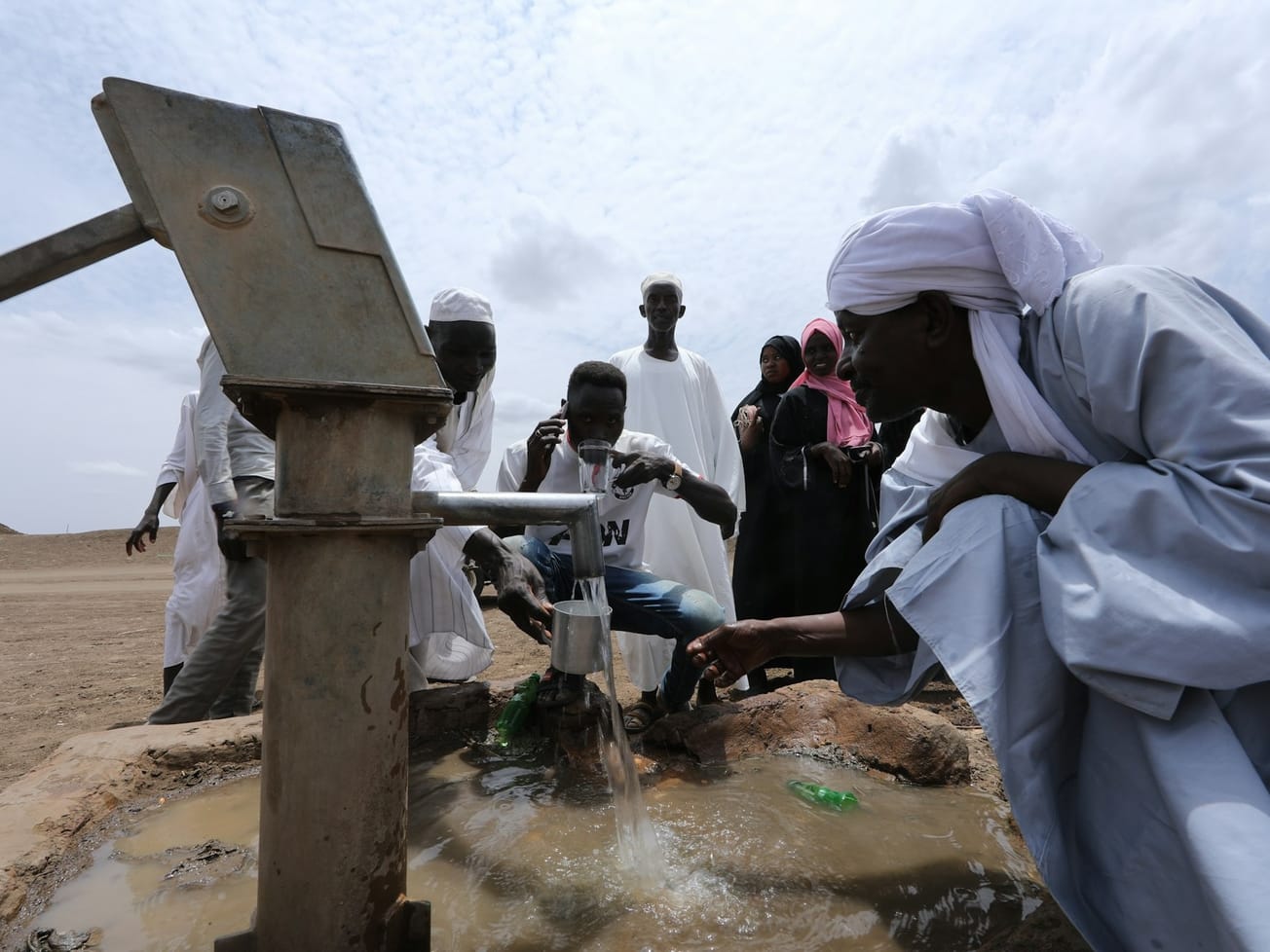Nearly 11 months into the war between rival generals in Sudan, United Nations humanitarians issued a stark warning that the ongoing conflict risks triggering "the world's worst hunger crisis."
With some 8 million people uprooted by the conflict, the northeast African country is already in the grip of the world's largest displacement crisis as fighting continues between the Sudanese Army and the Rapid Support Forces, a rival paramilitary group.







